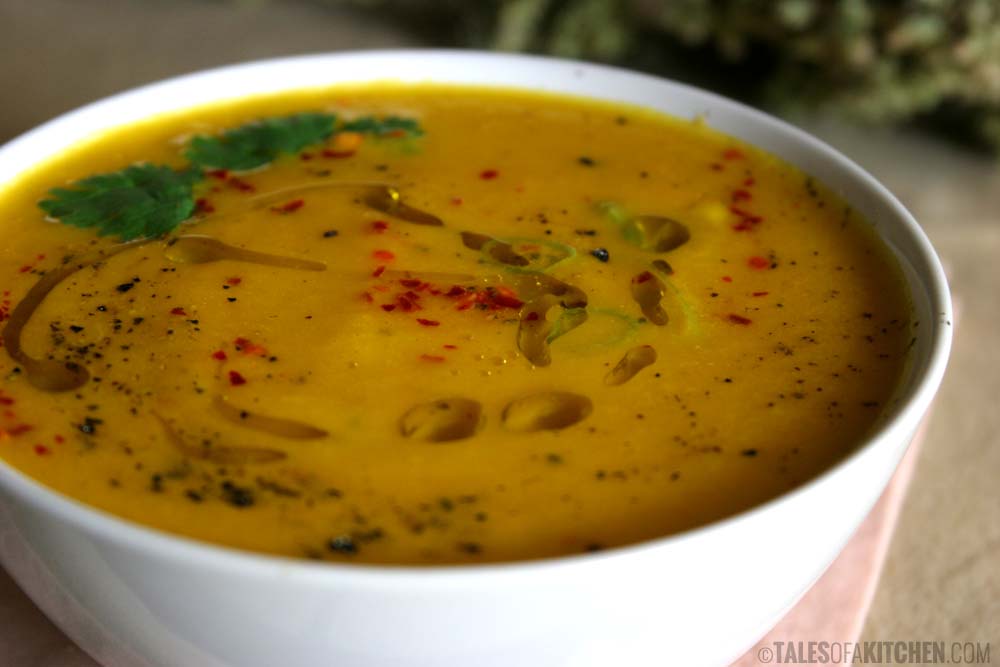
(Don’t eat tart candies if you have mouth sores.) Suck on hard candy with pleasant smells, such as lemon drops or mints, to help get rid of bad tastes. You may find it easier to tolerate cold and clear liquids (Clear liquids are those you can see through, such as ginger ale, apple juice, broth, tea, etc.)

Sip liquids slowly throughout the day.If you eat foods you like when you are nauseated, you could find them unappealing when treatment is over because you associated them with feeling sick. Try to avoid eating your favorite foods when you have nausea.On chemotherapy treatment days, eat a small meal or snack before treatment.

If your stomach is empty, your nausea might be worse. Snack ideas include smoothies, trail mix, and fruit. Eat frequent, small snacks throughout the day. If the nausea only happens between meals, keep something in your stomach.In that case, try other protein sources, such as fish, chicken, beans, and nuts. For example, some people develop a dislike for red meat and meat broths during treatment. Eat the foods you like and those that sound good to you.Increased saliva, clamminess, and sweating that may come before vomiting.Feeling queasy or having an upset stomach.Yellow or green foul-smelling fluids on bedclothes.Talk with your cancer care team about what's causing your nausea and vomiting and what you can do about it.

It may take a few tries to find the medicines that work best for you. And if a certain drug doesn’t work, your cancer care team may be able to recommend another one. These medicines should be taken on a regular schedule, or as needed, as prescribed by your doctor. It can also lead to inhaling food or liquids, which can cause choking and other problems.īe sure to tell your cancer care team if you have nausea or are vomiting because there are medicines that can help. Frequent vomiting can be dangerous because it can lead to dehydration.


 0 kommentar(er)
0 kommentar(er)
